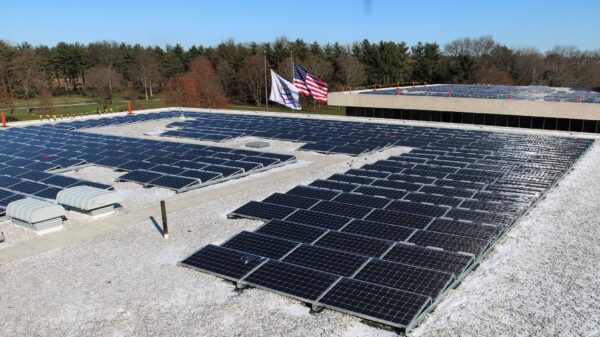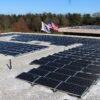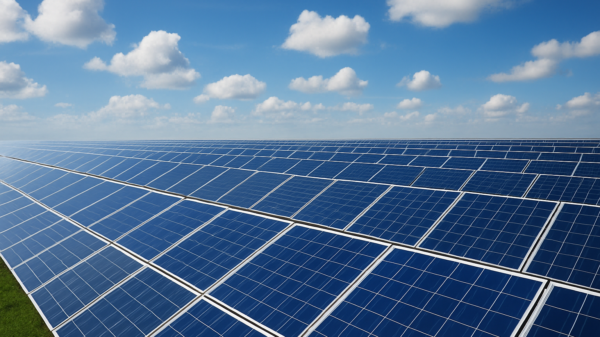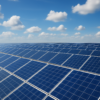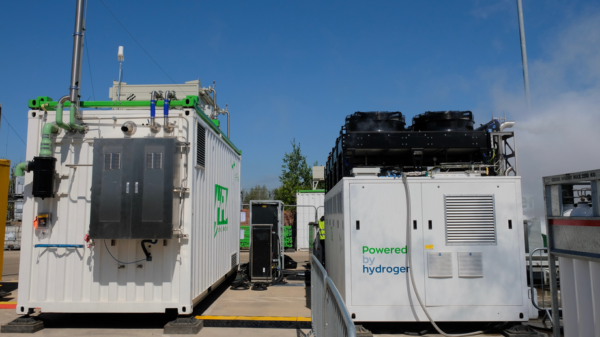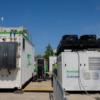Canadian Solar (NASDAQ:CSIQ) subsidiary CSI Solar recently received environmental certification assessments from both Italy and France for its tech.
More specifically, these France’s Simplified Carbon Assessment certification and Italy’s Environmental Product Declaration (EPD) certification for the company’s high efficiency mono-facial and bifacial modules using 182 millimetre and 210 millimetre silicon wafers. These certifications demonstrate that Canadian Solar’s modules carry some of the lowest carbon footprints among solar modules in the market.
“We are pleased to have obtained these two European environmental certifications that will make our products more attractive in the European and other markets where environmental sustainability is a key focus. Europe is one of our global key markets, accounting for around 25% of our total module shipments in the second quarter of 2022. With these environmental certifications, we expect to further expand our global market share, especially in the European markets where we have seen meaningful increase in demand for clean, reliable, and affordable solar energy,” said Dr Shawn Qu, chairman and CEO of Canadian Solar.
Founded in 2001 in Canada, Canadian Solar’s deals in solar technology and renewable energy companies. It manufactures solar photovoltaic modules, provides and develops solar energy and battery storage solutions. Canadian Solar has provided approximately 76 gigawatts of solar photovoltaic modules to customers around the world for the better part of two decades. Also, the company has developed, built and connected more than 6.8 gigawatt peak (Gwp) projects in over 20 countries around the world since entering the development business in 2010. Also, at present, the company has approximately 311 megawatt peak (MWp) of solar projects in operation, 5.3 GWp of projects under construction or in backlog (late-stage), and an additional 21 GWp mid to early stage of projects in its pipeline.
Read more: Canadian Solar launches portable energy storage cube
Read more: The Mugglehead tech roundup: brave new world edition
Environmental certification
The French certification measures the direct and indirect carbon emissions generated throughout the production and transportation process of a module. This covers polysilicon, ingots, wafers, cells and other auxiliary materials.
Conversely, the Italian certification takes a different approach to its assessments. The report is comprehensive and internationally recognized. It considers the environmental impact of a solar module throughout its life cycle. It includes upstream raw material mining, productions to the downstream installation, operation, maintenance and end-of-life management.
These certifications are used by solar project developers and investors to determine the return on energy (ROE) of power plants. The ROE is determined by dividing the total energy requirement to produce the solar modules installed by annual electricity generation of these installed modules.







